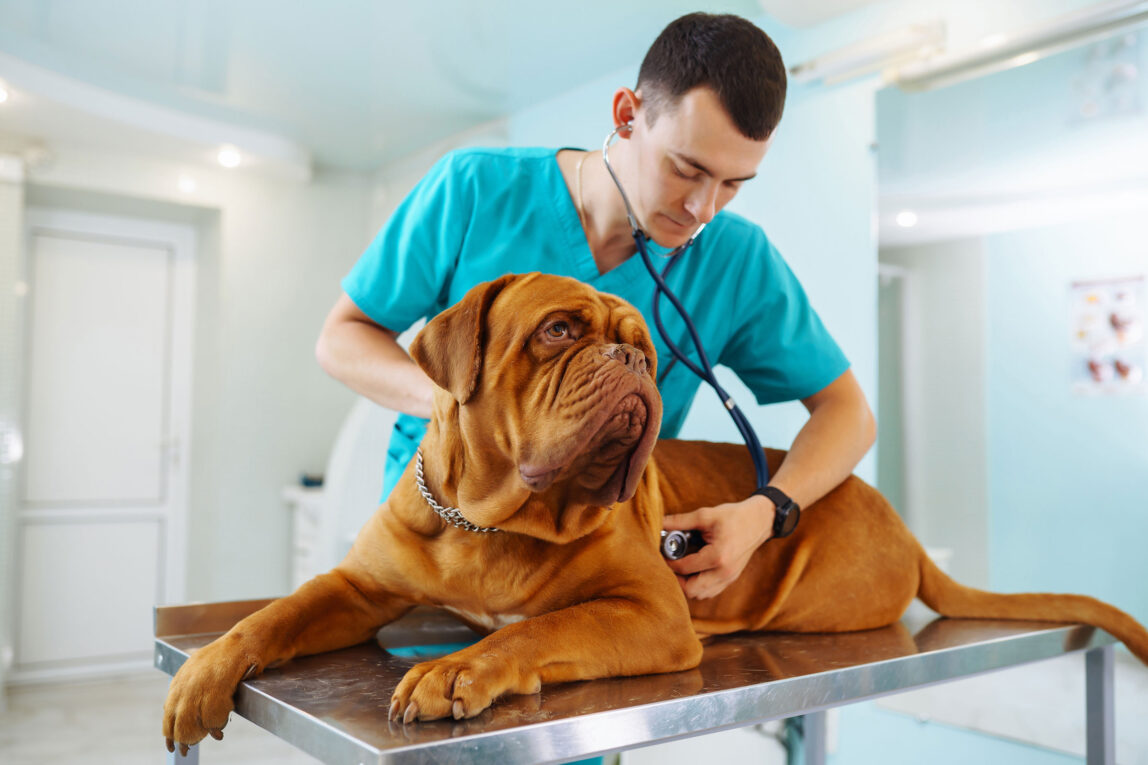Cancer is an often devastating disease that affects both humans and animals alike. While medical advances have helped improve cancer outcomes and survival rates in people, many may not realize veterinary medicine is also making progress in oncology to treat pets with cancer. Veterinary oncologists are specialty-trained veterinarians focused on diagnosing and treating cancers in dogs, cats, and other animals. Their goal is to deliver the best possible care and quality of life for pets battling this disease.
What is Veterinary Oncology?
Veterinary oncology is a subspecialty of veterinary medicine concerned with the diagnosis, clinical management, control, treatment, and prevention of cancer diseases in animals. Veterinary oncologists are veterinary internal medicine specialists or veterinary surgeons who have undergone additional training in the area of cancer medical management and treatment. They work to accurately diagnose cancer in pets through physical exams, imaging tests, cytology/biopsy, and other laboratory tests to determine the type and stage of cancer present.
Depending on the cancer diagnosis, Veterinary Oncology may utilize multiple treatment modalities such as surgery, radiation therapy, chemotherapy, immunotherapy, targeted therapy, and palliative care to manage a pet’s cancer disease based on owner goals and expectations. The goal is to extend both quality and quantity of remaining life through early detection, proper treatment, and supportive care. Veterinary oncologists also play a role in educating owners on cancer prevention, screening recommendations, lifestyle changes, and monitoring for recurrence after initial treatment.
Cancer Diagnosis and Staging in Veterinary Patients
When a potential cancer is suspected in a pet, a veterinary oncologist will perform a thorough physical exam and gather any relevant history to form a differential diagnosis list of possible cancer types. Additional diagnostic tests are then selected to confirm a cancer diagnosis. Common diagnostic tests in veterinary oncology include:
– Cytology/Fine Needle Aspiration: Use of a small needle to extract cells from a suspicious lump, wound, or organ that is then examined under a microscope by a veterinary pathologist. Provides a tentative diagnosis.
– Biopsy: Surgical removal and microscopic examination of a larger tissue sample for definitive diagnosis. May require general anesthesia.
– Imaging Tests: Radiographs (x-rays), ultrasound, CT, MRI used to visualize tumors, assess extent of spread, and detect metastases.
– Bloodwork and Urinalysis: To check organ functions and for any abnormal cells indicating possible spread.
– Staging: Once a cancer diagnosis is confirmed, staging determines how far it has progressed based on size, involvement of local structures and lymph nodes, and presence of distant metastases. This guides treatment planning and prognostication.
Cancer Treatment Options in Veterinary Medicine
Treatment protocols for pets are aimed at palliation or cure based on tumor type, stage of disease, expected treatment tolerance, and owner goals. Common modalities include:
Surgery: Removal of primary tumor and affected tissues. Considered potentially curative for localized/early-stage cancers if margins are clear.
Chemotherapy: Use of cytotoxic drugs to kill cancer cells or slow tumor growth. Often used with surgery or radiation therapy. Require supportive care for side effects.
Radiation Therapy: High-energy x-rays or other particles to damage DNA of cancer cells. Given externally or via implants. Effective treatment option for certain cancers.
Targeted Therapy: Drugs that target specific vulnerabilities of cancer cells while sparing normal tissues. Examples include tyrosine kinase inhibitors.
Palliative Care: Focused on pain management and quality of life when cure is not possible. May include narcotics, acupuncture, etc. to maximize comfort.
Monitoring and Follow Up Care
After initial cancer treatment is completed, veterinary oncologists recommend follow up examinations and testing to watch for signs of recurrence or metastases. Early detection of regrowth improves long-term outcomes and allows for prompt intervention if needed. Lifestyle changes such as dietary modification, weight control, and cancer screening of other pets in the household may also be advised. Continuous communication between the veterinary oncologist and owner helps personalize post-treatment plans according to individual pet needs.
The Future of Veterinary Oncology
As human and veterinary cancer research continue advancing our scientific understanding, veterinary medicine is striving to translate these discoveries into new clinical treatments, trials, and cures that benefit animals. Areas of ongoing focus include development of more personalized immunotherapy and targeted drug approaches, incorporation of combination protocols, implementation of sophisticated radiotherapy techniques, and cancer prevention strategies. The field of veterinary oncology will undoubtedly improve and expand therapeutic options in the coming years through dedication to enhancing both quantity and quality of life for our furry family members touched by this disease.
Veterinary oncology provides specialized cancer care for pets modeled after strategies used in human medicine. The goal is early accurate diagnosis followed by evidence-based, multidisciplinary treatment planning tailored for the individual patient. Collaboration between veterinary oncologists and pet owners empowers families to make informed choices regarding cancer management based on their animal’s prognosis and needs. Advances in veterinary and comparative oncology hold promise to not only benefit the health of animals but also advance our understanding of this complex disease.
*Note:
1. Source: Coherent Market Insights, Public sources, Desk research
2. We have leveraged AI tools to mine information and compile it

